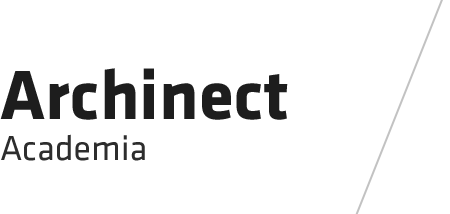
Minneapolis, MN
In the spring of 2011, a group of graduate architecture students from the University of Minnesota College of Design spent eight weeks in the Haitian capital of Port-au-Prince working with Architecture for Humanity, a nonprofit dedicated to building a more sustainable future through professional design.
One of their projects included participation in the development of the master plan for Santo, a community located near the epicenter of the January 2010 earthquake. Amanda Pedersen developed a digital system of layering graphic information to help filter data, work previously done by physically overlaying sheets of tracing paper.
"Her system is now regularly being used by the Haitian planning firm that facilitates interactions with the community," explained Jim Lutz (Architecture) who led the trip. Lutz also pointed out that Brent Suski provided input on the compost latrines included in all 155 homes completed during the initial phase of the project
This spring, a second group of architecture students returned to Haiti to continue working on a variety of projects with Architecture for Humanity, including the settlement of Villa Rosa near downtown Port-au-Prince. Villa Rosa was hit especially hard by the 2010 earthquake. Architecture for Humanity is engaging residents in a large-scale planning effort to rebuild a more sustainable community.

On April 18, the students shared a meal (pictured below) with three University alumni working in Port-au-Prince: Ann Hake (M.Arch '07) with Architecture for Humanity, Andrew Ripp (M.Arch '09) of MSAADA Architects, and John Wade (M.Arch '11) of MSAADA Architects.

Our students head home next week. You can follow their last days in Port-au-Prince on their blog: http://z.umn.edu/72d.
No Comments
Block this user
Are you sure you want to block this user and hide all related comments throughout the site?
Archinect
This is your first comment on Archinect. Your comment will be visible once approved.